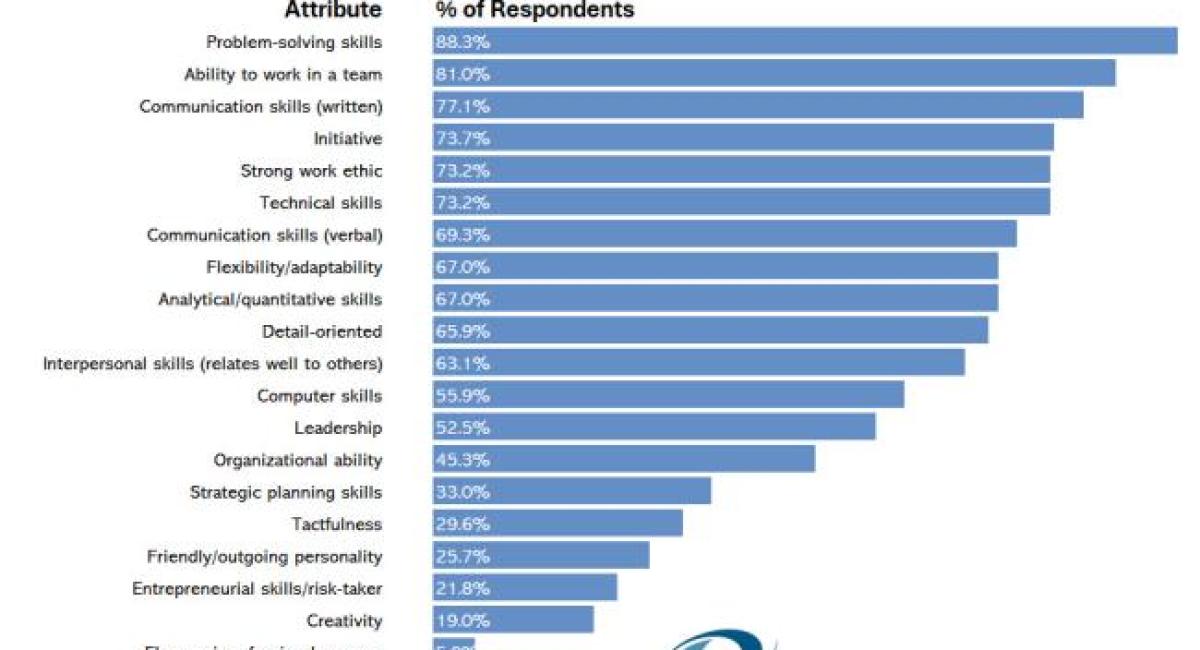You have probably heard the word “mentor” many times and how important a mentor can be for your career, but how can you identify suitable mentors for you? This is a question that many trainees ask themselves. Identifying a good mentor is not an easy task and it takes time and dedication.
So, where do you start? First of all, you need to understand what a mentor is and what mentoring means. A mentor is more than an advisor. S/he is someone who supports and guides you throughout your career imparting his or her knowledge and expertise. Most importantly, a mentor will encourage and motivate you to think and develop your own ideas and career goals.













